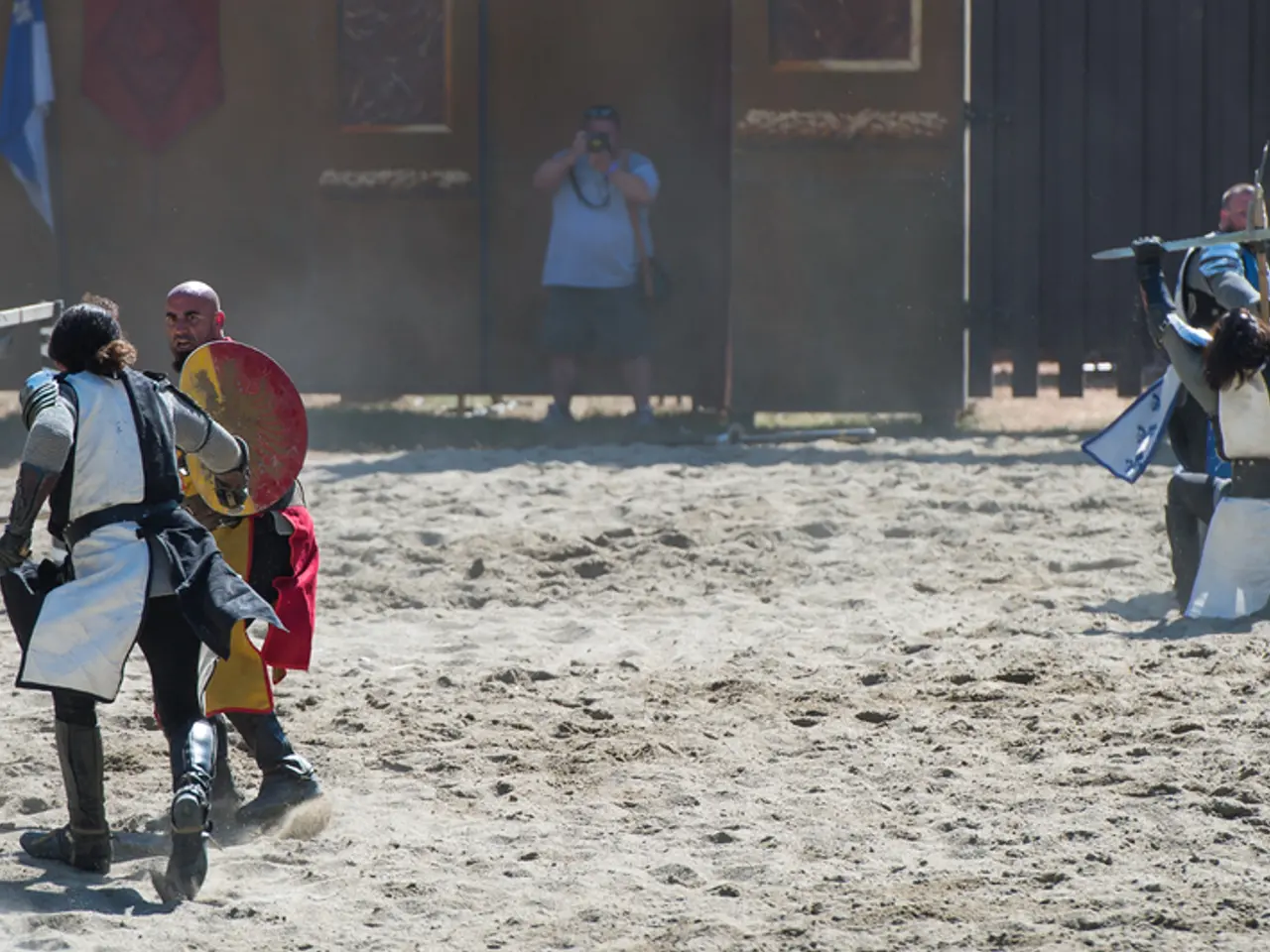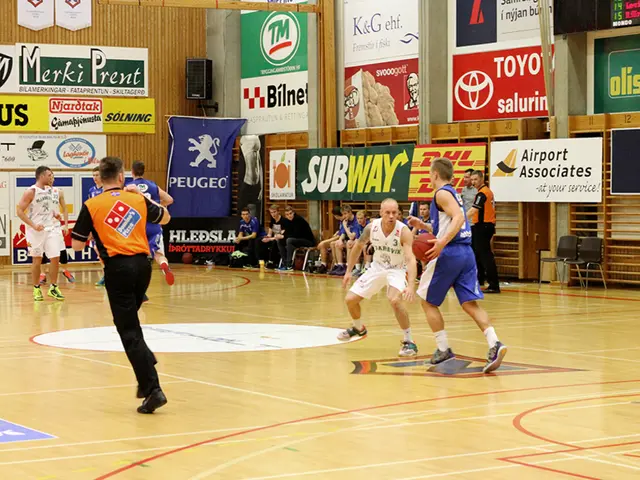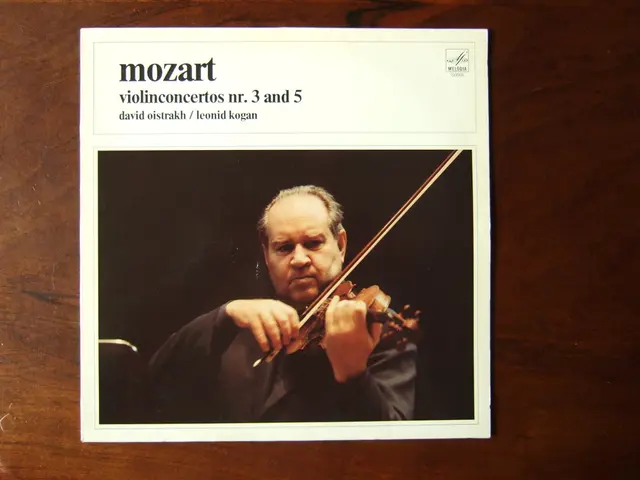United States Accused by Hamas of Aiding Israel in Qatar Attack; Funeral Processions Underway
In a shocking turn of events, the Gulf state of Qatar has been hit by Israeli strikes, disrupting ongoing truce talks between Israel and Hamas. The attacks occurred on Tuesday, leaving several casualties and causing international condemnation.
Doha, a venue for several rounds of indirect negotiations between Hamas and Israel, was the target of these unexpected attacks. Among the dead was Qatari Lance Corporal Badr Saad Mohammed al-Humaidi al-Dosari and five members of Hamas, including top negotiator Khalil al-Hayya's son Hamam.
In an interview with CNN, Qatari Prime Minister Sheikh Mohammed bin Abdulrahman Al Thani could not confirm Hayya's fate. Hamas official Fawzi Barhoum accused Israel of deliberately targeting the role of Qatar and Egypt as mediators in the negotiations. Barhoum also stated that Hayya's wife, his slain son's wife, and his grandchildren were wounded in the attack on the compound where he lived.
The UN Security Council (UNSC) condemned the strikes on Doha without naming Israel as the perpetrator. All 15 members jointly declared the attacks illegal and expressed solidarity with Qatar, emphasizing the need for de-escalation. The White House stated that Trump did not agree with Israel's decision to take military action.
The attacks sent shockwaves through the region and halted Qatar truce talks. Hamas chief negotiator Khalil al-Hayya was not seen at the funeral, as seen in footage viewed by AFP. Pictures shared on Hamas's Telegram channel showed Osama Hamdan and Izzat al-Rishq attending the burial of Hamas's dead.
The funeral was led by Qatar's emir, Sheikh Tamim bin Hamad Al Thani, who led the prayers alongside dozens of mourners. Sheikh Mohammed stated that the Israeli attack had killed any hope for Israeli hostages in Gaza and that Qatar was reevaluating "everything" surrounding its role as mediator in ceasefire talks.
Israeli Prime Minister Benjamin Netanyahu vowed that "there will be no Palestinian state." This statement adds further tension to an already volatile situation.
The UNSC's condemnation of the attacks and the White House's disapproval of Israel's actions indicate a growing international concern over the escalating violence in the region. The fate of the ceasefire talks remains uncertain, and the region braces for further developments.
Read also:
- United States tariffs pose a threat to India, necessitating the recruitment of adept negotiators or strategists, similar to those who had influenced Trump's decisions.
- Weekly happenings in the German Federal Parliament (Bundestag)
- Southwest region's most popular posts, accompanied by an inquiry:
- Discussion between Putin and Trump in Alaska could potentially overshadow Ukraine's concerns








